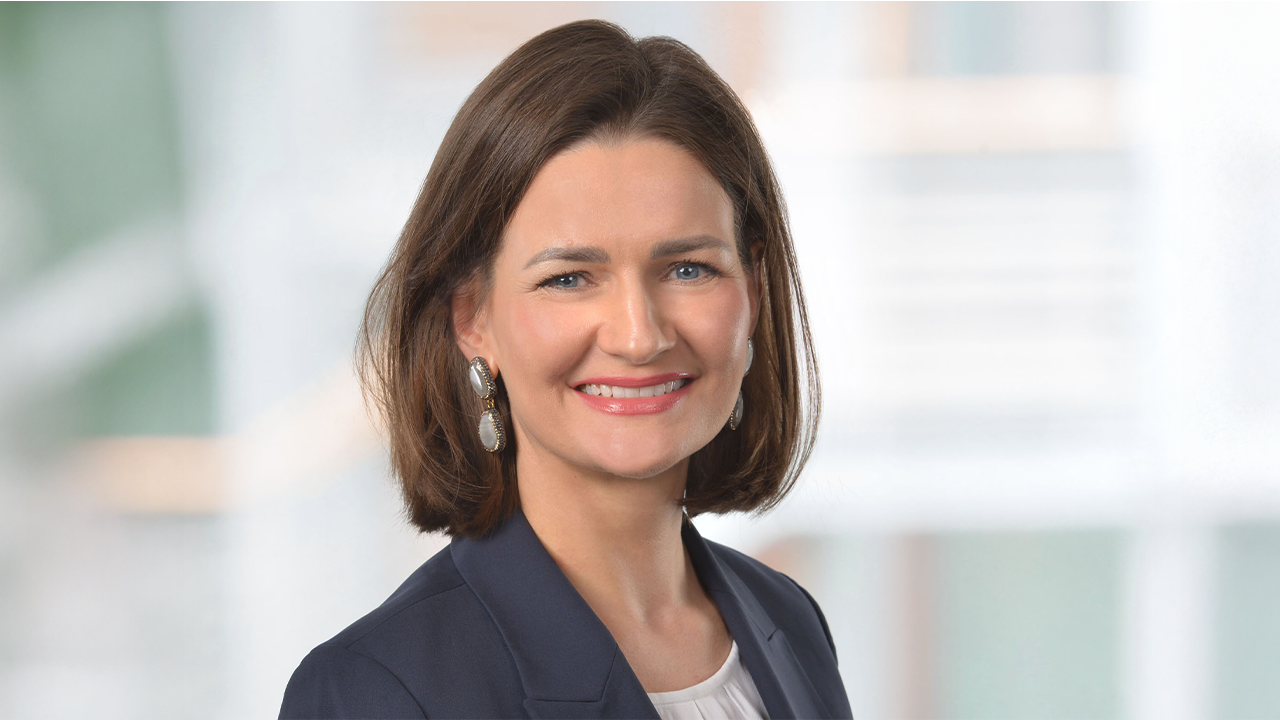
Sustainability
Our Sustainability Framework
Our mission is to save and improve human lives. We focus on opportunities that arise from sustainable business practices and use them to drive measurable progress. This approach is built on a unique corporate legacy that spans more than a century. We are guided by strong principles and a clear direction for the future.
Our Sustainability Framework guides our daily actions and shapes how we integrate sustainability into our business.
We focus on three core dimensions:

“For us, sustainability is not just a buzzword. It's our responsibility and our strength. It makes us competitive and resilient, ensuring our success. Both today and tomorrow.”
Dr. Michael Moser, Member of the Fresenius Management Board, responsible for Legal, Compliance, Risk Management, Sustainability, Human Resources, Corporate Audit and Vamed
Our Goals and Progress
Since we can only improve what we understand and control, we have set ourselves goals along our business activities – for the Group as a whole and for the individual operating companies.
At Fresenius, sustainability is an important responsibility of the Management Board: As a key component of our business strategy, sustainability targets are also included in the variable compensation of the Management Board.
Our Sustainability Governance
Effective governance is essential for us to understand and actively manage our activities. It provides the structure and accountability needed to ensure that our sustainability ambitions are not just aspirations, but actions. Through an integrated approach, we turn isolated initiatives into meaningful progress.
Clear ownership and strong collaboration
At Fresenius, overall responsibility for sustainability lies with the Fresenius Management Board member responsible for Legal, Compliance, Risk Management, Sustainability, Human Resources, Corporate Audit and Fresenius Vamed.


The Group Sustainability function serves as the central competence center for sustainability across the Group. It monitors regulatory developments, identifies material topics, defines strategic priorities and opportunities to drive implementation of our Sustainability Framework. It supports the Group-wide rollout of sustainability initiatives. It is also responsible for sustainability-related internal and external stakeholder communication and, together with Global Accounting, for non-financial reporting.
The Group Sustainability Committee defines the company-wide approach, monitors progress, and oversees its implementation – both overall and across the individual focus topics. Dedicated working groups throughout the organization drive these topics forward and ensure their operational execution.
The Management Board and the Supervisory Board review the progress and the results of the sustainability management across the Group.

"We focus our sustainability efforts where they create the greatest impact for people, the planet, and our business. With clear goals and close monitoring, we systematically embed sustainability across every part of our operations."
Sarah Tix, Head of Group Sustainability, Fresenius Group
Our Sustainability Advisory Board
Fresenius has appointed an independent Sustainability Advisory Board. Four leading international experts from science, business, and consulting are supporting us in further developing our related activities.
Image from left to right: Fabian Kienbaum, Dr. Fiona Adshead, Dr. Michael Moser (Member of the Management Board), Anahita Thoms (Chair) and Prof. Dr. Judith Walls.


You would like to learn more about the specific sustainability activities of our operating companies? Have a look at their dedicated websites:





